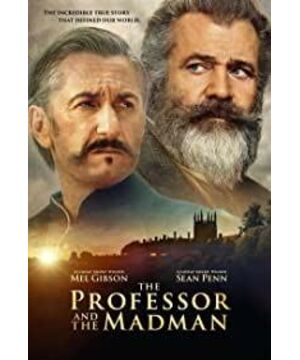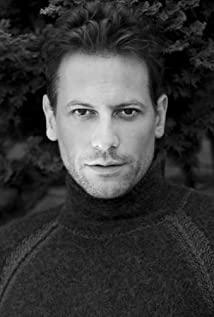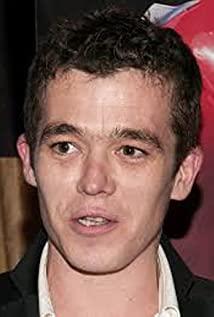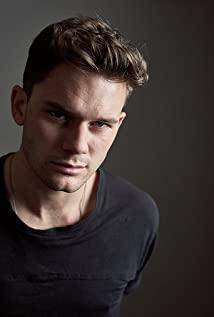The doctor was a Union Army doctor in the Civil War and was forced to punish Irish traitors in a brutal way. In addition to the brutality of the battlefield, excessive self-blame led to schizophrenia. Originally, he left for peace of mind, but he killed him because of delusions of murder. People, try your best to ask the wife of the deceased for forgiveness. After you have feelings for the other party, you will use self-mutilation to achieve psychological balance, so as not to feel sorry for the deceased (here, I criticize "Sima Qian" for saying that it can only be regarded as a joke, one passive and one active. , the nature is completely different) If the doctor does not have such a strong sense of morality, he can explain himself: punishing the traitor is not voluntary, killing the wrong person is not the original intention, and it is natural to be ambiguous with Eliza. . . . Then you will not trap yourself in the end, and be so embarrassed that you will end the fate in an almost self-destructive way (not extreme is not crazy)
If it weren't for the madness of the doctor, it would be almost impossible for two men and women of vastly different ranks to meet. She is the only woman he can get in touch with, kind and beautiful; after Eliza lost her husband, her dignity was wiped away, and the doctor was the only one who respected her at this difficult time, and even expressed her humble "superior". Eliza thought that letting the doctor face herself directly would make him blame himself for the rest of his life, but she underestimated the emptiness, loneliness and other emotional needs for a period of time. She didn't know what she was longing for in her heart. The relationship began to get out of control, and every time Eliza left in a hurry, she wanted to welcome her but refused, she wanted to talk, but to a certain extent, she was compromising her own desires when she accepted the doctor to teach her to read. Later, it was not whether he could face her eyes, but she dared not look directly into his eyes. She probably never had contact with intellectuals in the first half of her life, not to mention that a doctor graduated from Yale University, a highly educated, connotative, well-read and intellectual person, whose profound and complex eyes can instantly capture the opposite sex. And Eliza was touched twice and mentioned "children" - "the children will not starve", "you can teach the children to know the words". . . . I remember in the first courtroom scene, Eliza had a close-up with a complicated expression, but she did not show particularly intense emotions. She was not an educated lady, and she did not necessarily know restraint and subtlety. People are self-interested and economical animals, and the reason why they resent the doctor so much is that he destroyed the object on which she and the children depended for survival. The doctor's self-redemption, intentionally or unintentionally, played the missing father and husband roles, and she couldn't help but develop a sense of dependence. After all, the survival of bread, ham, and children is more realistic than love and hatred. So this relationship is not just pure love between men and women, the screenwriter understands human nature very well.
The screenwriter made a big fuss about the male and female scenes in this novel, which did make the film more dramatic, and the human nature more delicate and full, but it obviously strayed from the theme of compiling a dictionary, resulting in the overall structure being top-heavy, with a loose front and a tight back. . There are too many things to express, no matter if there are two male protagonists, two female protagonists, or even supporting roles, each character wants to "stand up". It seems bland and insipid, the very key cooperation is not much inked, and the collision of thought sparks is also subtle. Obviously, there is no more impact on the love-hate entanglement between the doctor and Eliza. After the movie, it is the love scene that touches the heart. Personally, I don't think love should be the focus of the show (renamed "Milk and Roses" (if you've seen Milk and Game of Thrones), forget it), and I hope to see their efforts in the dictionary. Or longer, maybe 3 hours in length.
Besides the actors, Mel Gibson's performance is quite satisfactory, and there is little room for the role itself. The focus is on the madman interpreted by the two-time actor, the performance of split personality is remarkable, the emotional exchange scene is also well done, and the literati side is obviously lacking in confidence. Sean Penn performed "Crazy" but lacked "Wen". Personally, I think that no matter how good the acting is, actors still have role limitations due to their own temperament. Literary popularity is probably Sean Penn's shortcoming.
View more about The Professor and the Madman reviews











